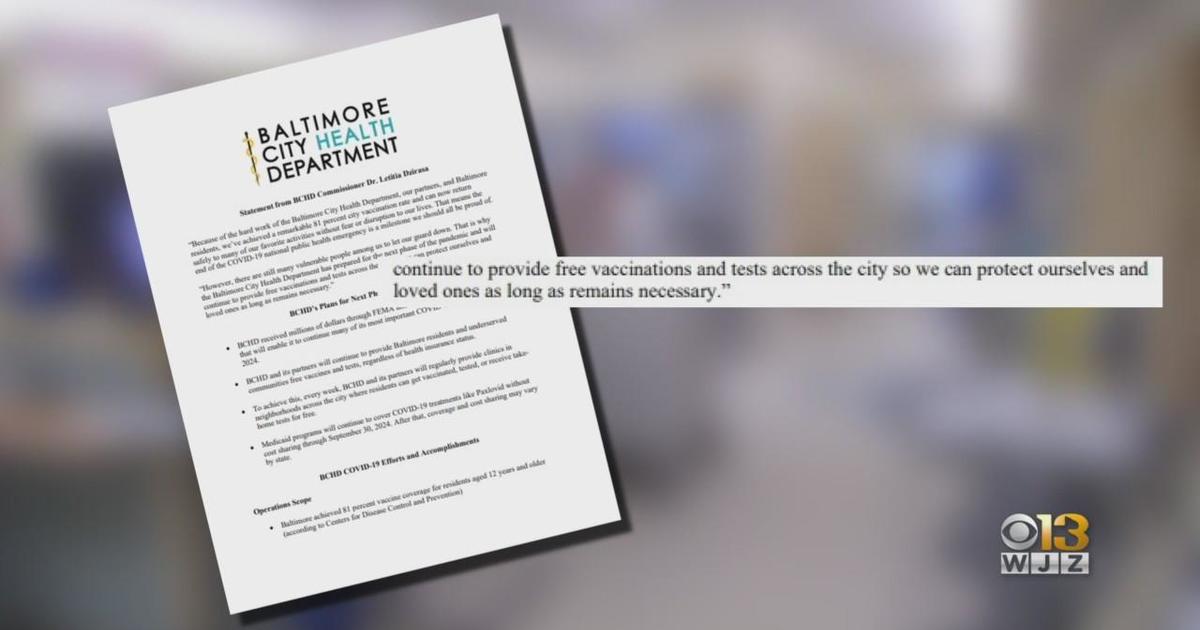[ad_1]
A new bill, SB1338, signed by Gavin Newsom on Wednesday established a new court process called the CARE Court which oversees people with untreated schizophrenia or other psychotic disorders to be placed in a program that provides stabilization, medication, housing and other services.
The bill allows family members, law enforcement, and others to petition a person that fits CARE Court criteria to be assessed for a voluntary CARE agreement or a court-ordered CARE plan.
County behavioral departments — like Butte County Behavioral Health and Glenn County Behavioral Health — will be the agencies responsible for assessing all referred individuals and to provide treatment up to a year.
The bill states that if a person fails treatment in a CARE Court program for up to two years, then they may be referred to the state’s existing conservatorship system.
The CARE Court program will begin Oct. 1, 2023, for seven California counties including Glenn County. All other counties including Butte County are required to commence their CARE Court programs no later than Dec. 1, 2024.
Glenn County was selected to be part of an initial cohort of counties as representative of a rural population and may receive additional funds as an incentive, said Glenn County Behavioral Health Director Joe Hallett.
“We’re glad to partner with the state on this and we hope they keep investing in treatment and especially housing,” Hallet said in an interview.
The new bill may be helpful from the perspective of Butte County and Glenn County behavioral health directors but also appears to neglect staffing, housing and funding realities.
“While CARE Court appears like a great step forward, it is not without issues,” Butte County Behavioral Health Director Scott Kennelly said in a statement.
Staffing
Kennely said that county behavioral health departments, in general, are currently struggling to fill vacant positions and that hiring additional staff for the CARE Court “will be challenging.”
Hallet said Glenn County is smaller than most counties and estimates they would need two full-time employees to deal with the new CARE Court workload.
Hallett said the county has an existing court program that lets some people with non-violent criminal charges receive behavioral health treatment in lieu of getting charged — and may be able to leverage staff in this process to help with CARE Court.
Housing
The CARE Court establishes a priority for appropriate interim housing, but Kennelly said this may be a challenge to fulfill because there is a shortage of low-income housing options for all clients in general, let alone for people eligible for CARE Court.
Hallet said Glenn County is dealing with a lack of housing services and hopes that the CARE Court may assist in housing opportunities.
“It’s really, really hard to engage someone and have them participate in treatment when they don’t have basic needs met or a stable place,” Hallet said. “I’d like to see the state explore housing first kind-of models.”
Hallet said the county may use incentive funding — provided by being one of the first countries to implement the CARE Court — to find more housing opportunities.
Funding
Last, Kennelly states that no dedicated funding is provided to the county by the state to stand up CARE Court teams and may face hefty fines for failure to comply with the new bill’s requirements.
“Faced with daily $1,000 sanctions by the State for failing to comply with CARE Court requirements will put added pressure on counties to divert critical treatment resources currently being provided in other areas to cover CARE Court requirements,” Kennelly said.
Hallet only expects 10-15 people to be in the program and intends to use incentive funds to grow partnerships in their CARE Court program.
Kennelly said counties look forward to resolving some of these issues prior to CARE Court starting in October 2023.
“The counties have a proven track record of outreaching to homeless individuals,” Hallet said. “I think there’s a public misperception that we don’t serve individuals or engage them or try to provide service, but we do.”
Reporter Kimberly Morales contributed to this report.
[ad_2]
Source link


